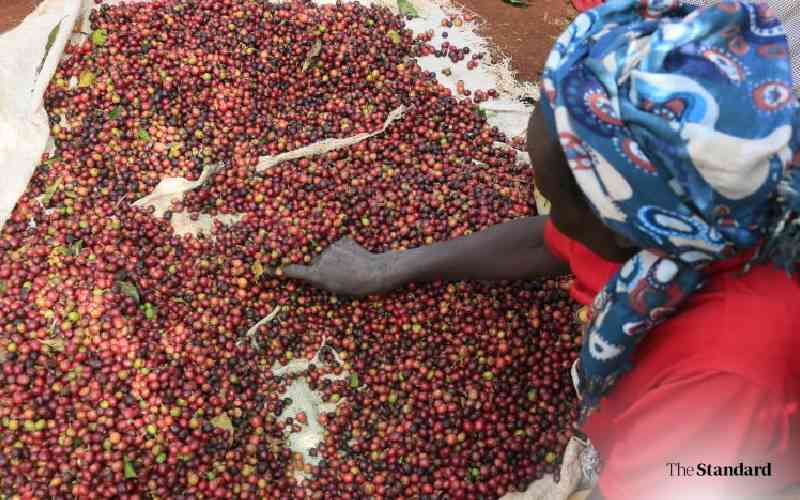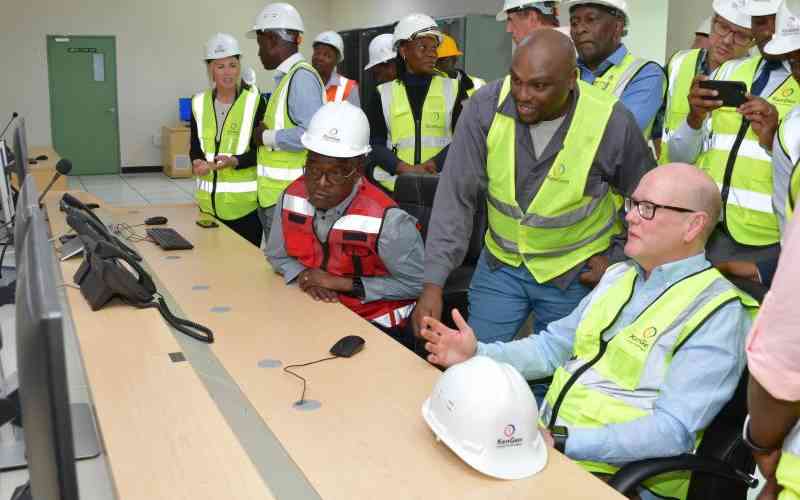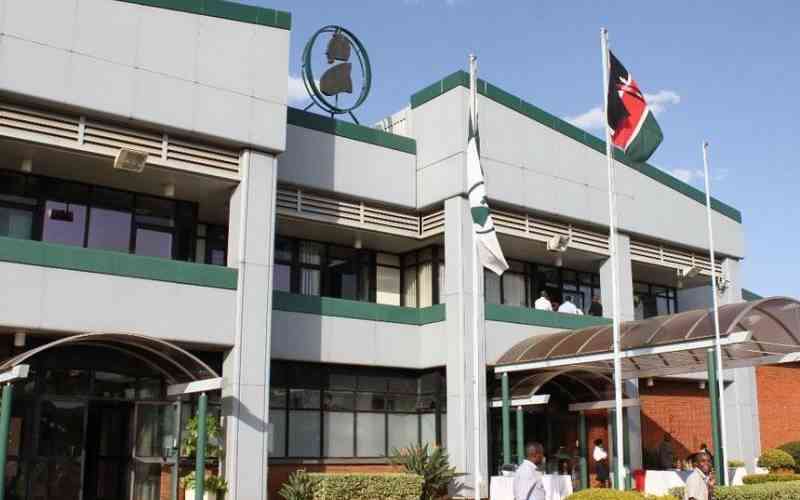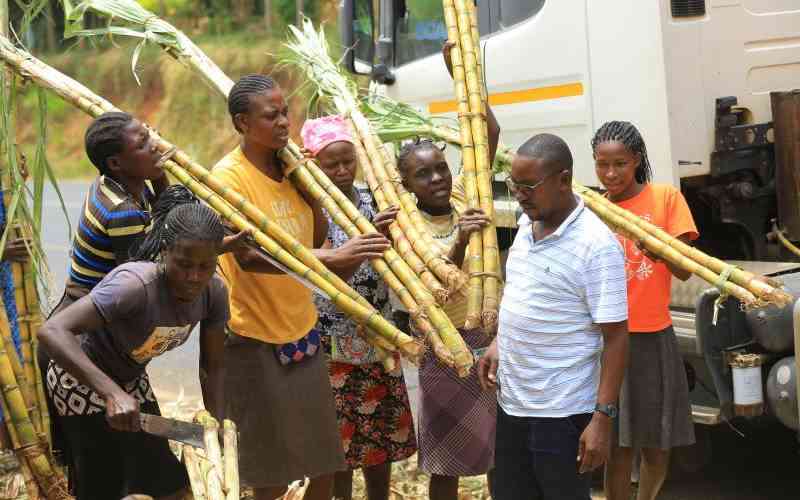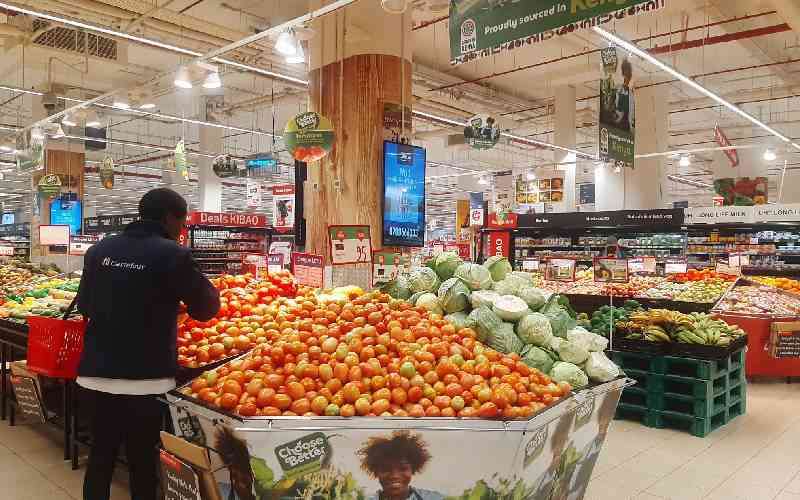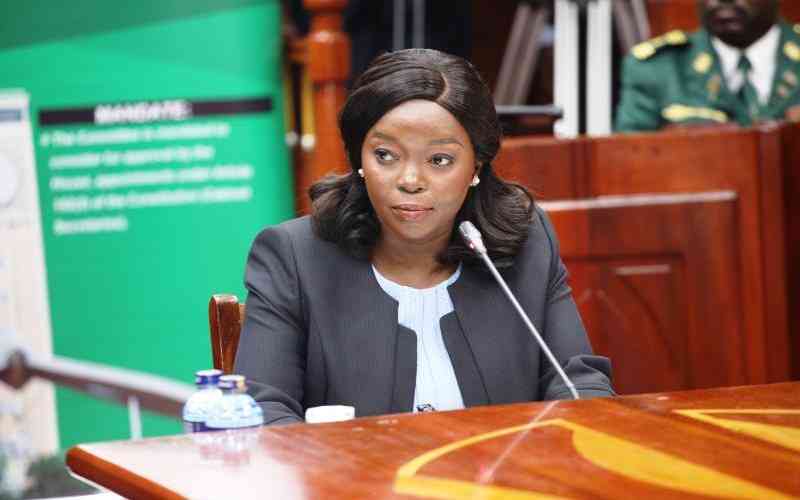
Environment Cabinet Secretary Deborah Barasa on Wednesday, July 23, came under sharp scrutiny from senators over persistent illegal waste dumping in Murang’a County.
Appearing before the Senate, Barasa faced tough questions from Murang’a Senator Joe Nyutu, who accused the Ministry of failing to act on illegal dumping in an environmentally sensitive public space.
In her response, CS Barasa acknowledged the challenges but shifted part of the responsibility to county governments.
According to her, “There are no control measures to prevent the spread of waste, and the site is not fenced or manned,” she admitted. “Designation of such sites is the responsibility of county governments, many of which still lack proper waste management facilities.”
Adding that the site in question, located in Kangema, is recognised and operated by the Murang’a County government, even though its management falls well below acceptable standards.
Marsabit Senator Mohamed Chute also questioned the spread of Mathenge, which he said now covers nearly 40 percent of the rangelands in the county.
Chute sought answers on the plant’s origin, its harmful effects, and what the government is doing to control it.
On her end, Barasa explained that Mathenge was introduced by the colonial government in 1948 to support reforestation in arid regions. However, it has since spiraled out of control, choking native plant life and posing serious threats to both livestock and human health.
“Counties are adamant, so we continue to engage them,”* she said, adding that in 2024 the Ministry issued advisory letters urging coordinated county action against the invasive species. *“We also face inadequate funding to support NEMA’s operations for monitoring and site inspection.”
Barasa admitted that the Ministry is struggling, not just due to limited cooperation from counties, but also because of financial constraints. However, she said the government is exploring possible solutions. Scientific studies are also underway to assess whether the invasive plant can be repurposed for economic use.
“We’re exploring whether the invasive species can be put to alternative use,” she told the Senate.
With claims of counties slow to act and the Ministry constrained by funding gaps, senators were left questioning whether environmental stewardship is falling victim to a broken relationship between national and county governments.
